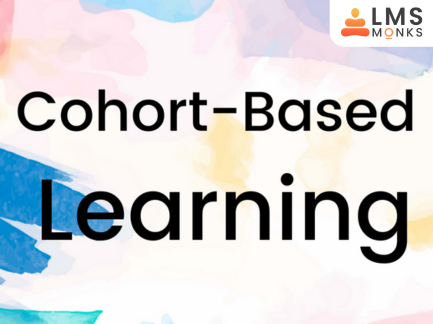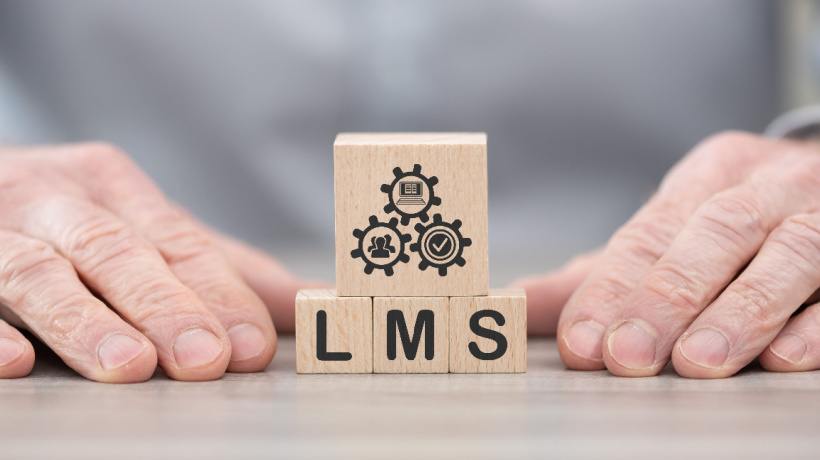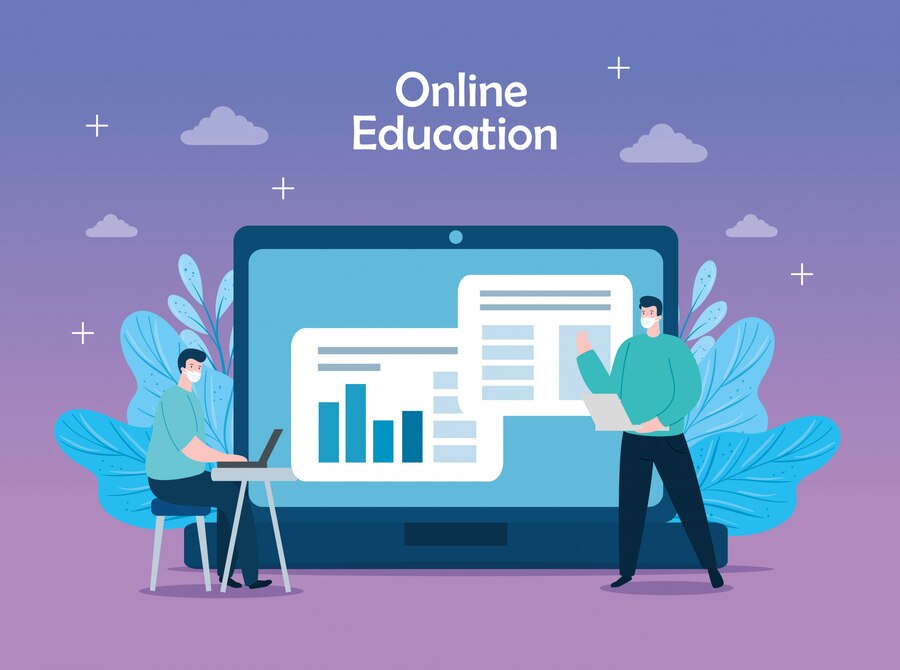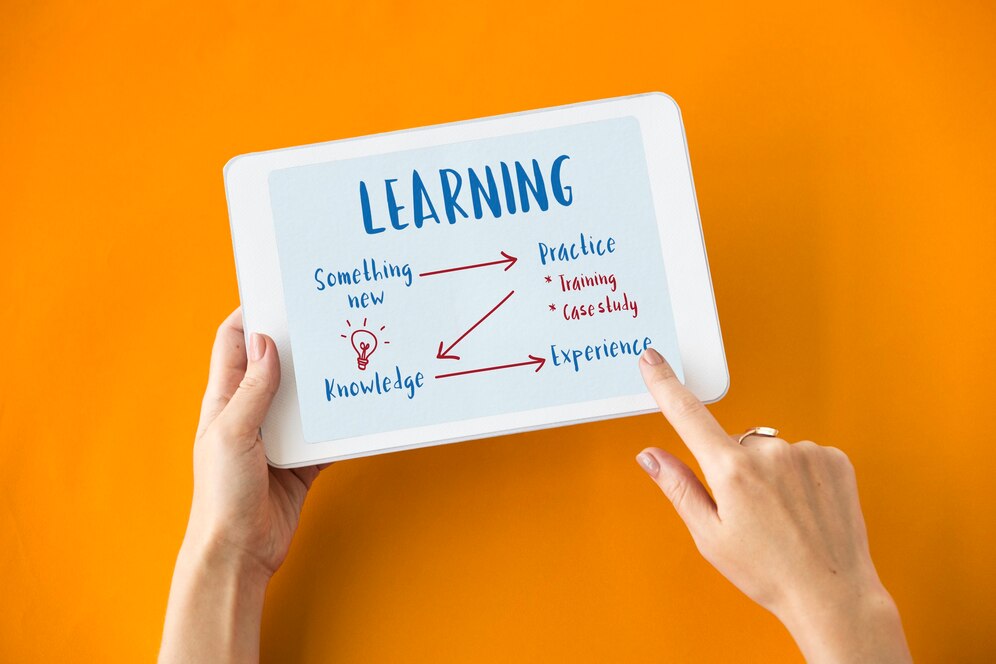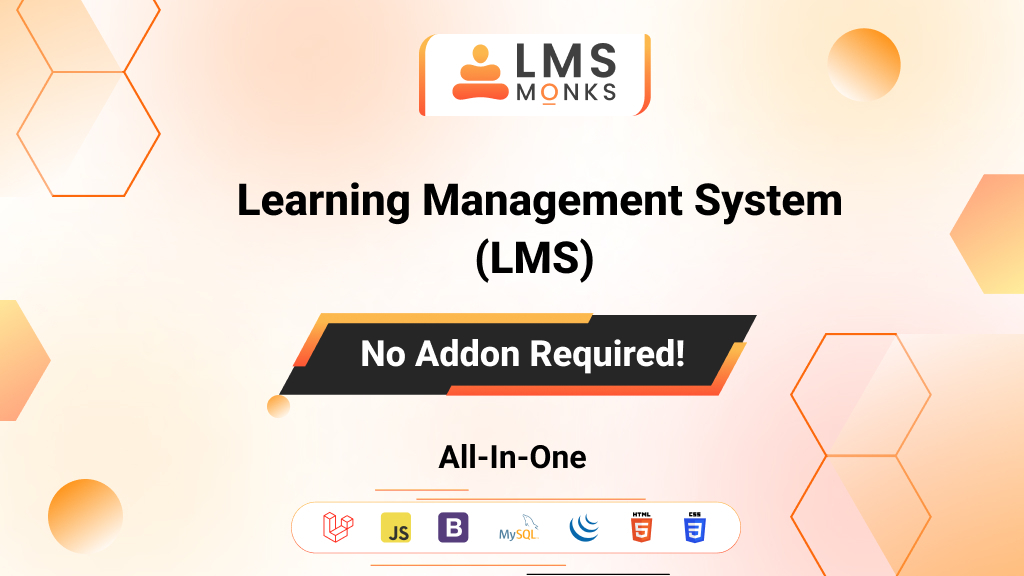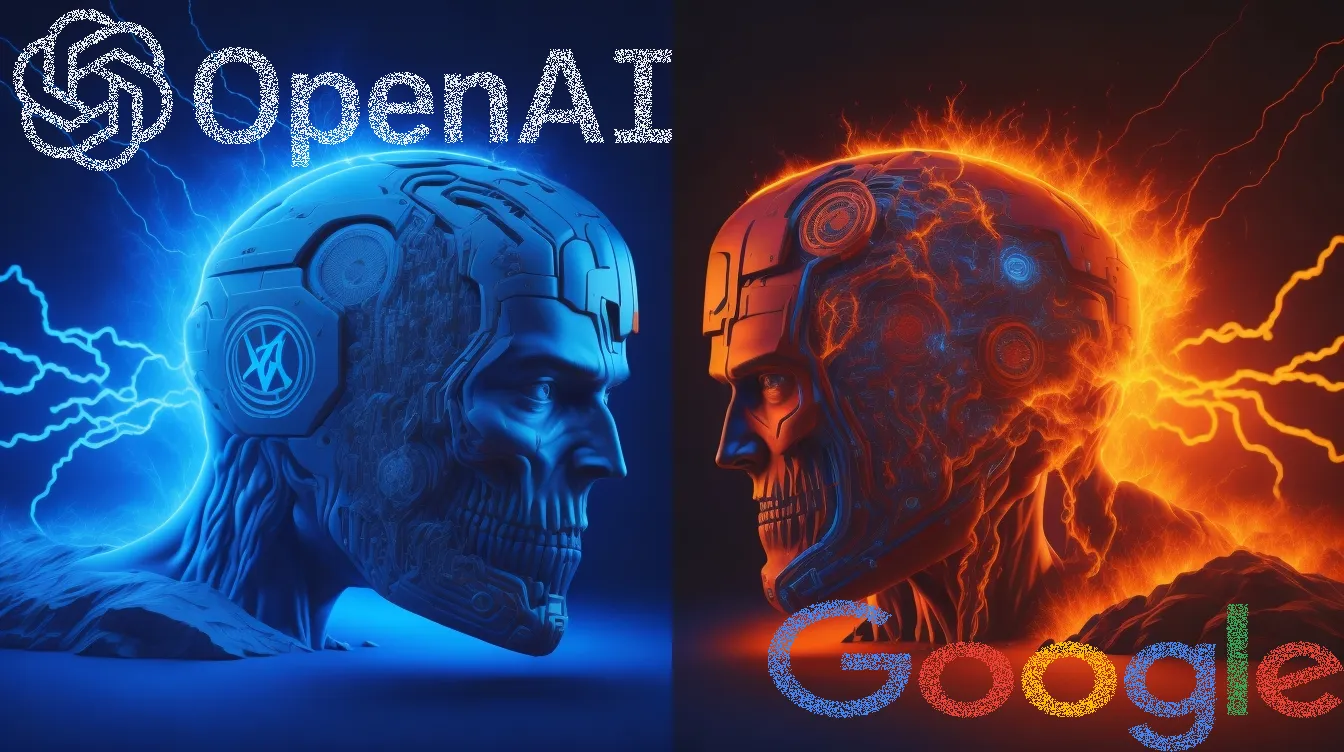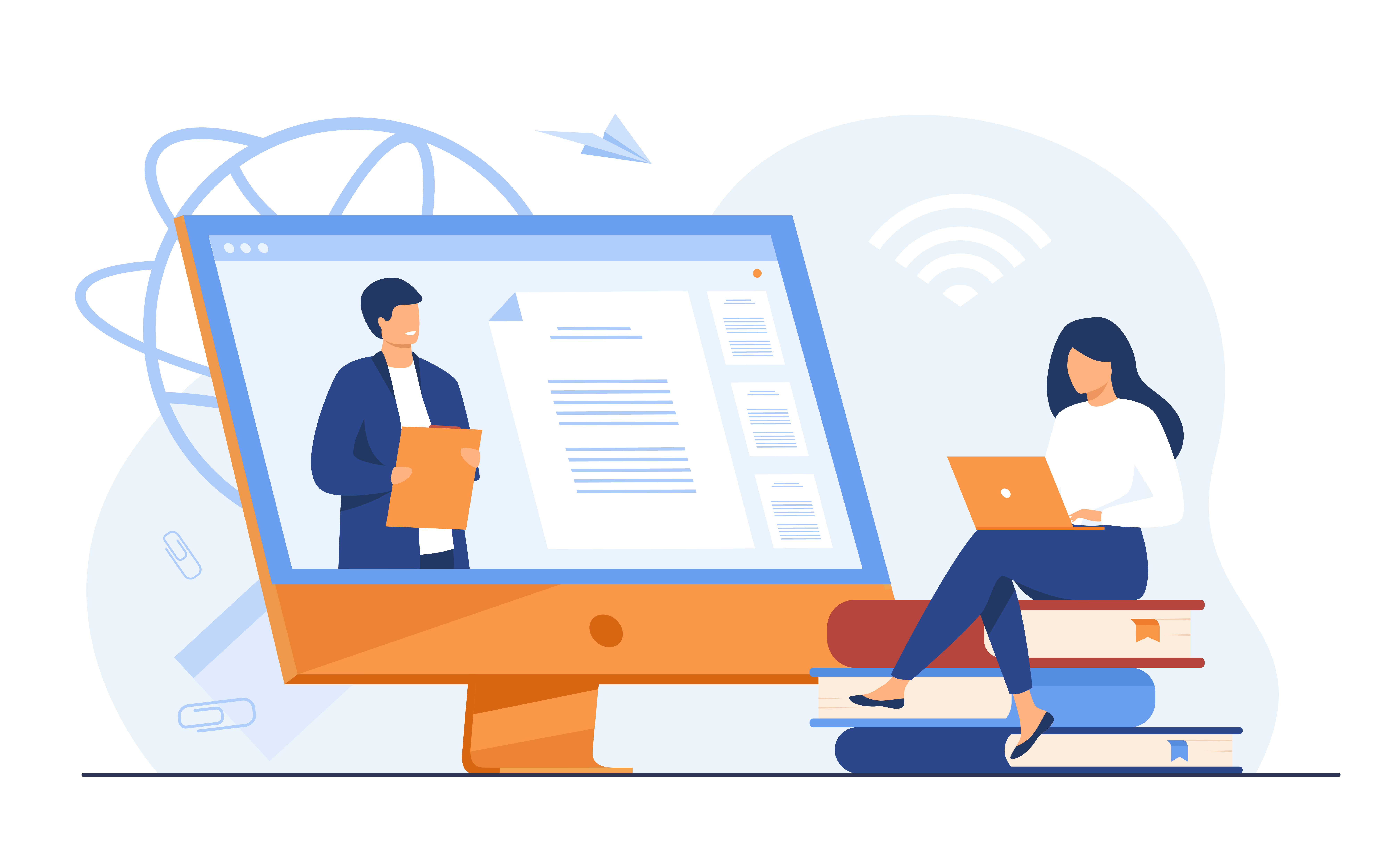
Imagine a scenario: John, a bright new hire at your company, struggles to grasp a crucial software program. He shadows senior colleagues, bombards them with questions, and spends hours sifting through outdated manuals. This not only hinders John's productivity but also consumes valuable time for your existing team.
This is a common challenge faced by businesses of all sizes. The solution? A Learning Management System (LMS) – a powerful platform that streamlines employee training and empowers your workforce to excel.
How Businesses are Falling Behind in Employee Education
According to a report by the Association for Talent Development (ATD), companies spend an average of $1,880 per employee on training annually. However, a LinkedIn Learning report suggests that 42% of employees feel they lack the skills needed to be successful in their roles. This highlights a critical gap – businesses are investing in training, but the traditional methods are falling short.
Onboarding and Training
Every business wants its employees to feel confident and successful. But sometimes, it can be tough to equip them with the right skills, especially when they're brand new.
That's where a good onboarding process comes in. It's like a roadmap that helps new hires learn the ropes and feel comfortable in their roles. In fact, studies show that happy new hires with a smooth onboarding are more likely to stick around for years!
But learning doesn't stop after the first few weeks. The best companies keep their employees growing with ongoing training. This could involve anything from learning the latest software to mastering new industry trends. Studies even show that companies with ongoing training programs see a big jump in employee productivity!
An LMS, or Learning Management System, is a special tool that helps businesses create and deliver training programs. Think of it as a one-stop shop for all your employee learning needs.
Here's how an LMS can help your business:
- Streamline Onboarding: Create clear, organized training programs that get new hires up to speed quickly.
- Boost Ongoing Learning: Offer ongoing courses to keep employees' skills sharp and relevant.
- Stay Agile: Adapt to changes by training employees on new software, processes, or products.
By investing in an LMS, you're investing in your employees' success, and that means a more productive and adaptable workforce for your business.
Building Teamwork and Sharing Ideas: How an LMS Can Help
Imagine a company where everyone works in their own corner, information is hard to find, and great ideas get lost. This lack of teamwork can stifle creativity and make it tough to solve problems.
That's where a Learning Management System (LMS) comes in. It's a central hub where employees can share knowledge, collaborate, and learn from each other, even if they work remotely or in different departments.
Here's how an LMS can boost teamwork and knowledge sharing in your business:
- Shared Knowledge Base: An LMS acts like a giant library for your company. Everyone can access important information, best practices, and resources in one secure and easy-to-find location.
- Discussion Forums: Think of online bulletin boards where employees can chat, ask questions, and share ideas. This is a great way to get help from colleagues and learn from each other's experiences.
- Virtual Learning: Live online classes and events allow employees to connect and participate in real-time, no matter where they are located. This fosters a sense of community and encourages interaction.
- Collaboration Tools: LMS platforms often include features like breakout rooms, where employees can work together on projects and brainstorm ideas, even if they're miles apart.
By creating a space for easy communication and knowledge sharing, an LMS can break down silos between departments and get everyone working together more effectively. This can lead to more innovation, better problem-solving, and a stronger overall company culture.
Enter the LMS: A Game-Changer for Employee Development
An LMS is a software application that centralizes and manages all aspects of employee training. It goes beyond static manuals and disjointed learning materials, offering a comprehensive and engaging platform for knowledge acquisition.
Here's how an LMS can empower your business to address key workplace challenges:
- Improved Knowledge Retention: LMS platforms offer diverse learning modules – videos, interactive quizzes, simulations – catering to different learning styles. This variety enhances engagement and knowledge retention compared to traditional classroom settings.
- Reduced Onboarding Time: New hires can access a centralized repository of training materials, including company policies, product information, and software tutorials, significantly reducing onboarding time.
- Cost-Effectiveness: Developing and distributing physical training materials is expensive. An LMS eliminates these costs and streamlines content updates, ensuring employees have access to the latest information.
- Scalability and Flexibility: LMS platforms cater to geographically dispersed teams. Employees can access training materials anytime, anywhere, at their own pace.
- Data-Driven Insights: Modern LMS systems provide detailed reports on employee progress and areas needing improvement. This allows businesses to tailor training programs for maximum effectiveness.
Beyond the Basics: Advanced Features of an LMS
While core functionalities focus on content delivery, advanced LMS features offer even greater benefits:
- Gamification: LMS platforms can integrate game mechanics like points, badges, and leader-boards to boost employee engagement and motivation.
- Social Learning: LMS platforms can facilitate discussions and collaboration among employees, fostering knowledge sharing and peer-to-peer learning.
- Performance Management: An LMS can be integrated with performance management systems, allowing businesses to track how acquired skills translate into real-world results.
Picking the Perfect Training Partner: Finding the Right LMS for Your Business
Choosing the best Learning Management System (LMS) for your company depends on your specific needs. Think of an LMS as your training teammate – you want to find one that tackles your biggest challenges.
- Communication Silos? Look for an LMS with strong social learning features which let your team connect and share knowledge.
- Struggling with Employee Retention? Focus on LMS options with personalized learning paths and built-in career development courses to keep your team engaged.
- Compliance Headaches? Find an LMS with powerful data tracking and reporting tools to ensure everyone's up-to-speed on regulations.
The best LMS might address all these needs, or just a few. The key is finding the perfect fit LMS for your company.
LMS Monks: Empowering Learning for Everyone
Companies of all sizes, from established corporations to growing academies and coaching institutes, can benefit from an LMS solution. Organizations like LMS Monks specialize in providing LMS solutions tailored to the specific needs of each client, ensuring a seamless transition to a more efficient and effective learning environment.
Conclusion: Investing in Your Workforce's Future
An LMS is an investment in your company's most valuable asset – its people. By empowering your employees with the knowledge and skills they need to succeed, you foster a culture of continuous learning, improve productivity, and gain a competitive edge. Isn't it time to transform the way you train your workforce?
